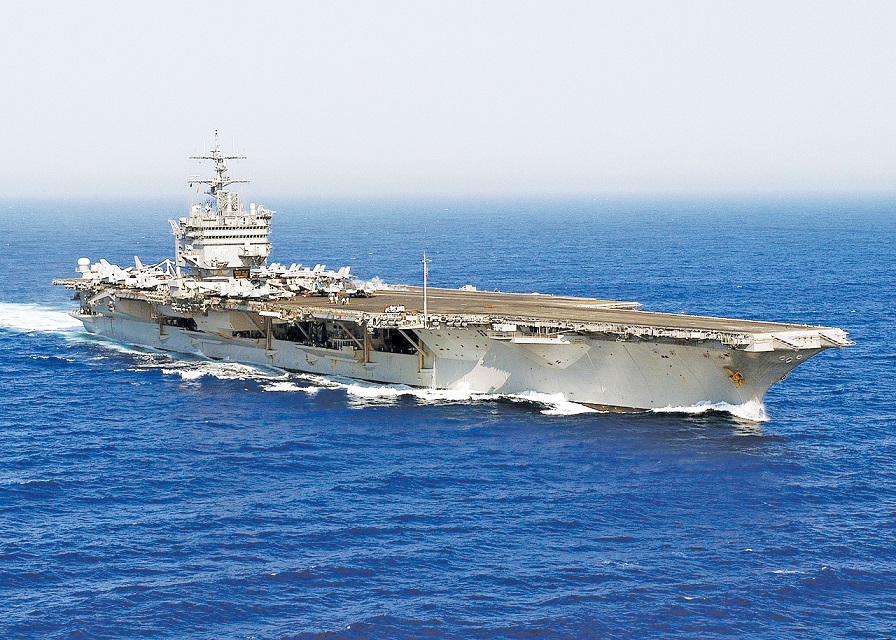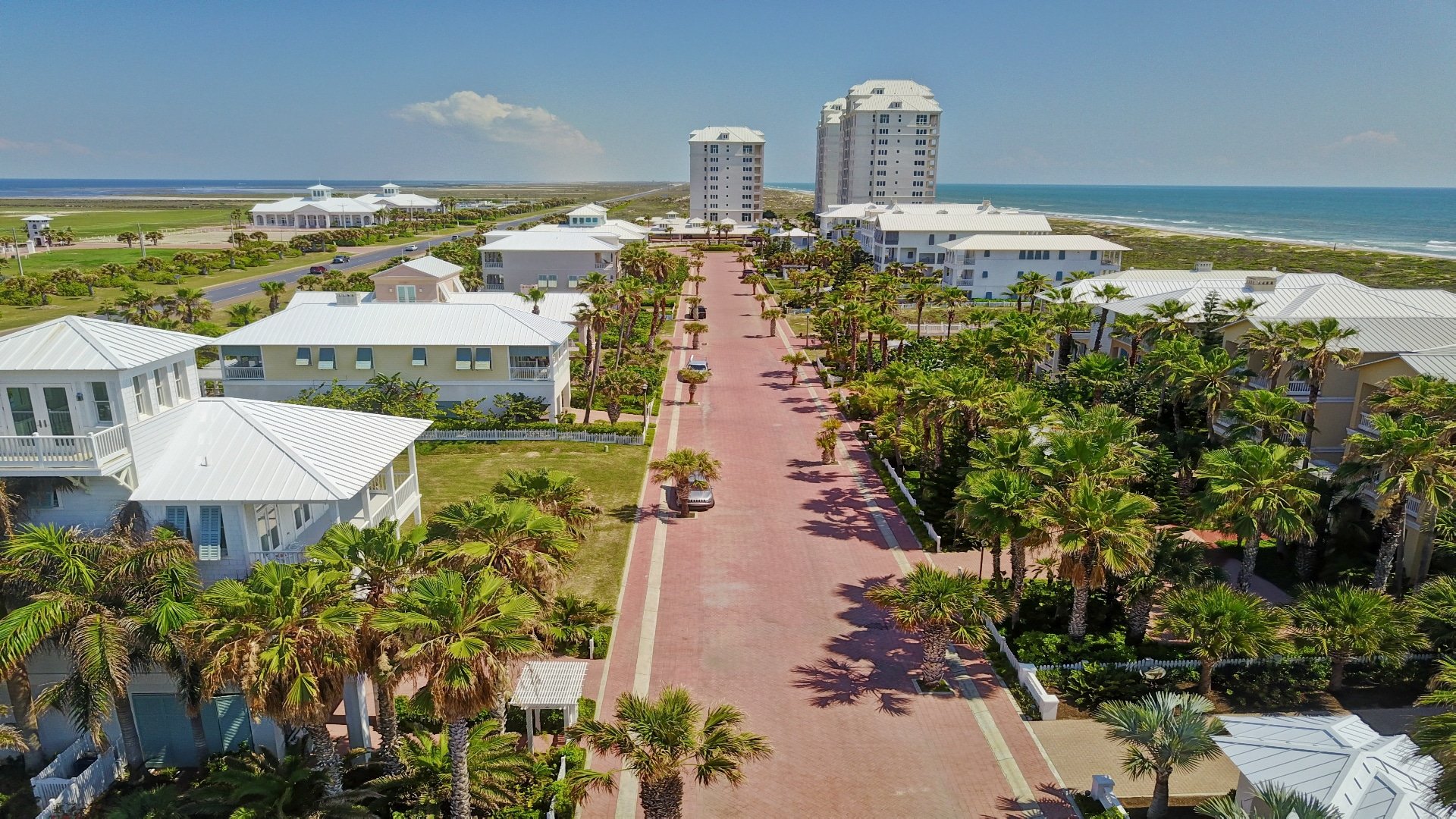There’s a good chance that the world’s first nuclear-powered aircraft carrier will be dismantled in Brownsville.
If the former USS Enterprise (CVN-65) does come here, though, it won’t have any nuclear material on board. Robert Berry, vice president of International Shipbreaking/EMR Group at the Port of Brownsville, said the carrier, launched in 1960 and officially decommissioned in 2017, has already been completely defueled.
Still aboard, however, are the ship’s eight reactors plus “radiation-impacted material” — pipes and other components that were exposed to radioactivity and still emit trace amounts, he said. Berry thinks the company has a strong chance of landing the Navy contract to salvage the Enterprise. If that happens, a specially trained team will be in charge of dealing with the radiation-impacted parts, he said.
The Navy is holding a public meeting in Brownsville on June 20 toward preparation of an Environmental Impact Statement related to the disposal of the ship and its reactors. Meetings are also being held at three other sites this month: Newport News, Va., Bremerton, Wash., and Richland, Wash.
Berry outlined multiple potential scenarios: Brownsville won’t get the contract and the dismantling will take place at Newport News, where the ship was built, or else at the Puget Sound Naval Shipyard in Bremerton. In that case, the Enterprise would be towed from its current berth in Virginia to Washington, entailing a trip around the tip of South America, with the reactor cores being packed up and shipped off to the Hanford Nuclear Site in Richland.
Or the Navy could send CVN-65 to Brownsville for partial dismantling, with the cores being packed up and sent off to Hanford, or complete dismantling could take place in Brownsville, in which the case the cores could be sent to a West Texas nuclear waste site.
Berry thinks Bremerton and Brownsville are realistically the most likely candidates, while noting that towing the carrier from Enterprise from Virginia to Washington State would be quite expensive, a fact highlighted by the General Accounting Office, which determined that the Puget Sound shipyard wouldn’t be able to get to it before 2034.
“Part of what they’re doing is looking at the most economic way to do it,” he said. “In Puget what they do is maintain naval vessels and keep them ready to go out there and stay on the high seas. They stay very busy, and they just have a hard time finding an opening.”
Dismantling the carrier will probably take four to six years, compared to two to three years for a conventional carrier, Berry said.
“Tying up that shipyard for four to six years and making the space to do it is tough,” he said. “That’s the GAO report. That’s not me saying that. We’re able to take two ships the size of that carrier, and have had two ships that size in here before.”
International Shipbreaking/EMR has already dismantled three conventional super carriers: the former USS Constellation, USS Independence and USS Ranger, and will eventually take delivery of the former USS Kitty Hawk, currently mothballed in Bremerton, for scrapping perhaps as early as next year. In the meantime, the Navy is mulling the Enterprise’s final destination.
Scrapping decommissioned warships is in keeping with the Chief of Naval Operations policy on inactive vessels, which requires “disposal by dismantling in order to reduce the Navy’s inactive ship inventory and eliminate costs associated with maintaining the ship in a safe stowage condition.”
Whatever happens, the Navy’s in charge of the current proceedings and will retain ownership of CVN-65 until the last piece is carted away, Berry said, adding that he’ll be in attendance at the June 20 public meeting, scheduled for 5 p.m. to 8 p.m. at the Fort Brownsville Memorial Center, 600 International Blvd.
“The Navy in particular and us too, we want the public’s involvement,” Berry said. “We want them to know what’s going on, and any questions they have, we want to answer them. It’s all about transparency for the Navy and for any contractor that ends up working with the Navy on this.”
sclark@brownsvilleherald.com






